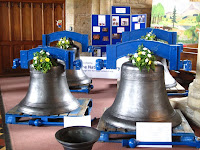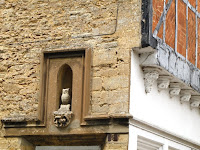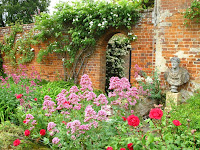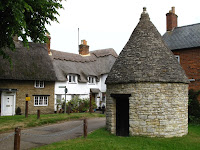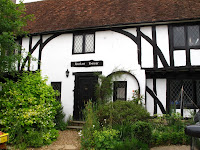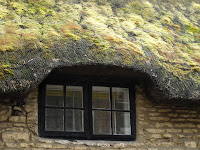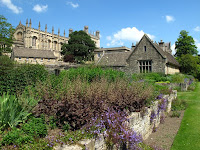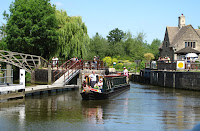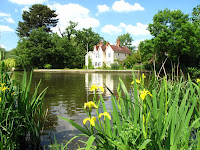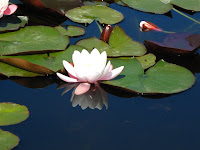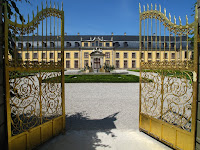 The Epping Area MG Club had arranged an outing to the Historic Chatham Dockyards, so we tagged along. We set off bright and early and took a scenic route from near Guildford along the southern edge of London outside the M25.
The Epping Area MG Club had arranged an outing to the Historic Chatham Dockyards, so we tagged along. We set off bright and early and took a scenic route from near Guildford along the southern edge of London outside the M25.

We spent a little more time than we expected exploring interesting finds like the Silent Pool. The surroundings were anything but silent as there is a boarding kennel next door and the dogs were attempting to change species by barking themselves hoarse.
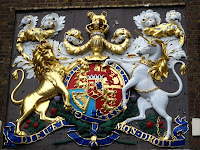
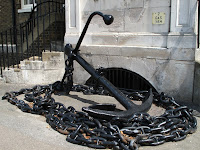
Having run out of time we had to abandon the scenic route and resort to the motorways to get ourselves to Chatham for the start of the day.
 The dockyards will keep you happily occupied for hours as there is so much to see and do: ships and submarines to visit; museums and historical displays; a Royal Lifeboat museum; a tour of the rope making facility with its ¼ mile long rope-walk room and so on. There are apparently more listed buildings on this site than in any other comparable site in the UK. Many were built in the mid 1700s and some, such as the rope walk are still used for their original purposes to this day.
The dockyards will keep you happily occupied for hours as there is so much to see and do: ships and submarines to visit; museums and historical displays; a Royal Lifeboat museum; a tour of the rope making facility with its ¼ mile long rope-walk room and so on. There are apparently more listed buildings on this site than in any other comparable site in the UK. Many were built in the mid 1700s and some, such as the rope walk are still used for their original purposes to this day.













